The book reveals a lot of interesting information about the history of imperial examinations, literary and martial arts examinations, the arrangement of examination halls, mandarins and candidates, the concept of imperial examinations, several ancient articles about imperial examinations... to select talented people for the country, and the opportunity for Vietnamese people to "change their lives" by entering the imperial examinations after passing the exams and becoming mandarins.
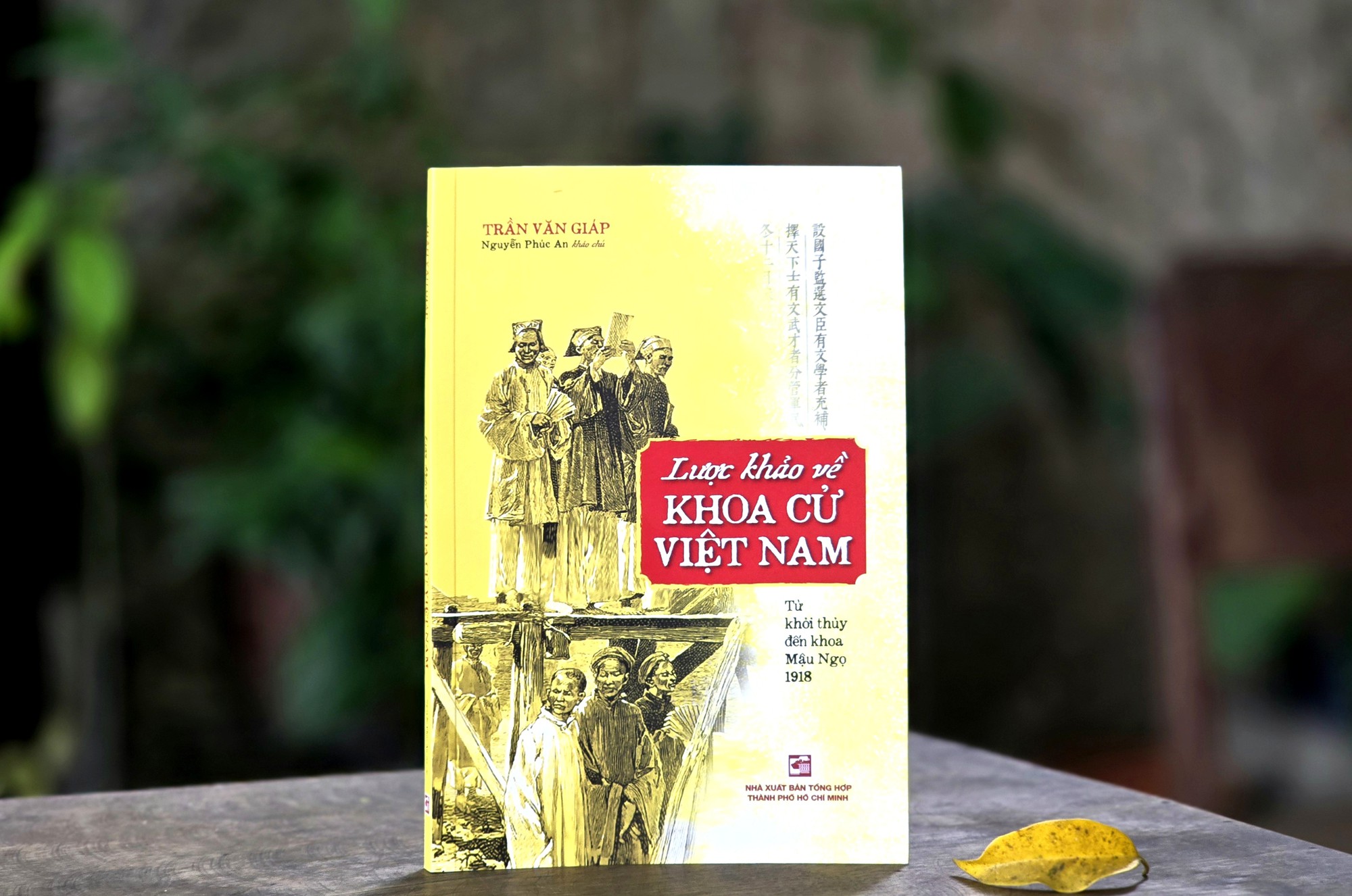
A brief study of Vietnamese imperial examinations: from the beginning to the Mau Ngo examination in 1918
Photo: Q.TRAN
Accordingly, the history of our country's imperial examinations began with the first examination in the Ly Dynasty, the year At Mao, the Thai Ninh reign of King Ly Nhan Tong (1075), called the Minh Kinh Bac Hoc examination. This was also the beginning of the civil examinations of our country, for later generations to follow. Readers can also come to the atmosphere of the ancient examination hall, the organization, arrangement, and regulations of the examinations... until 1918 - the year the door of the imperial examinations really closed.
Martial arts competitions came later. According to Le Quy Don, before the Le Dynasty, our country did not have martial arts competitions. But looking back at history books, in the 8th year of Chinh Long (Bao Ung, 1170) under the reign of Ly Anh Tong, the king often practiced shooting in the shooting range south of the capital. When practicing, he forced the military officers to compete with each other in practicing offensive and defensive tactics and battle formations. During the reign of King Tran Thai Tong, people with courage and understanding of martial arts were selected to be the Thuong Do Tuc Ve. Thus, it can be said that our country's martial arts competitions originated from that time. During the reign of Le Thai To, the martial arts competition rules were established, and during the reign of Bao Thai (1720 - 1728) after Le Trung Hung, the examinations were established.
Author Tran Van Giap (1898 - 1973), alias Thuc Ngoc, had many valuable written and translated works such as Brief biographies of Vietnamese authors (1962); Ha Bac's landscape in the Le dynasty (1971), Studying the Han Nom book collection (I-II); Ngoc Kieu Le (1976)..
Source: https://thanhnien.vn/cach-tuyen-chon-nhan-tai-qua-thi-cu-ngay-xua-185250917215047645.htm




![[Photo] Prime Minister Pham Minh Chinh launched a peak emulation campaign to achieve achievements in celebration of the 14th National Party Congress](https://vphoto.vietnam.vn/thumb/1200x675/vietnam/resource/IMAGE/2025/10/5/8869ec5cdbc740f58fbf2ae73f065076)


![[Photo] Prime Minister Pham Minh Chinh chairs the Government's online conference with localities](https://vphoto.vietnam.vn/thumb/1200x675/vietnam/resource/IMAGE/2025/10/5/264793cfb4404c63a701d235ff43e1bd)


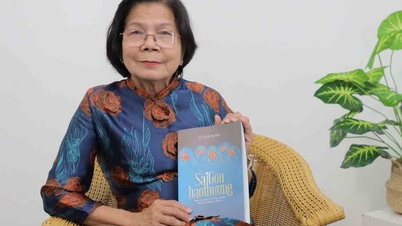
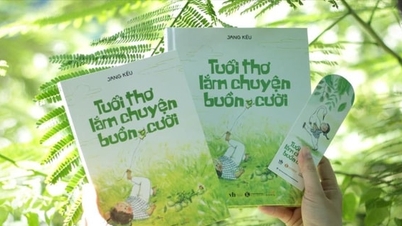



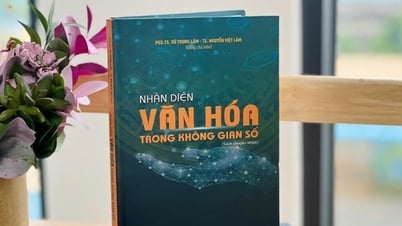






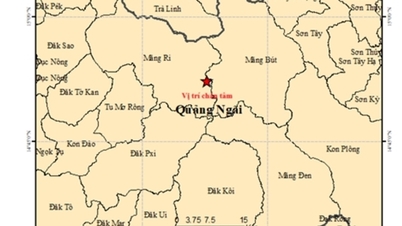
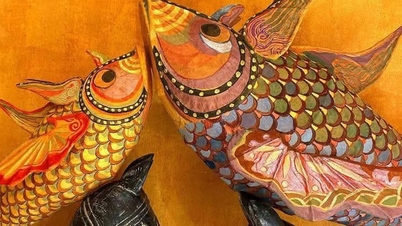





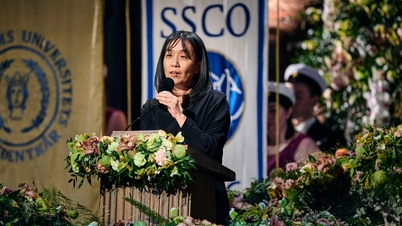


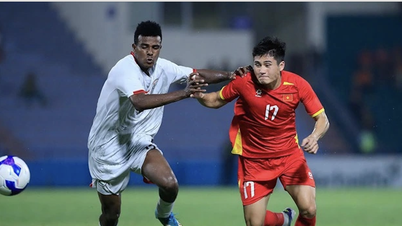
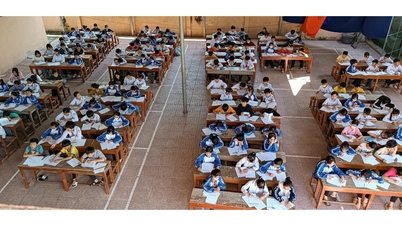




















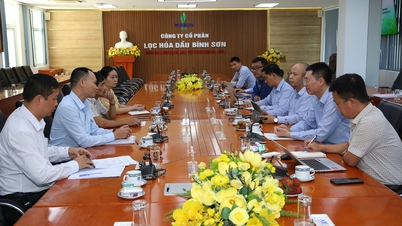







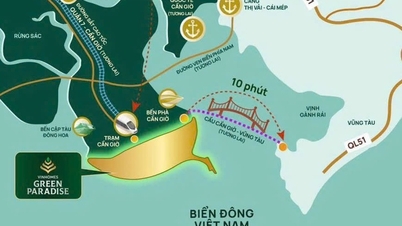

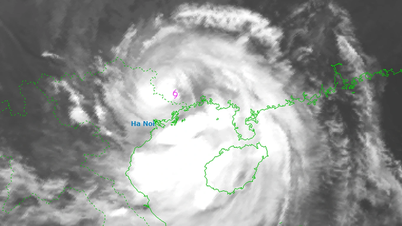
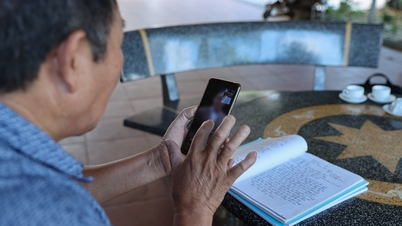



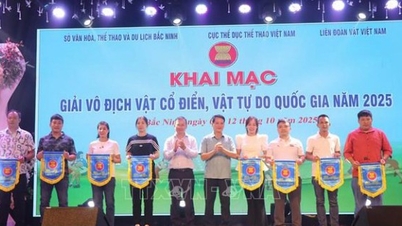

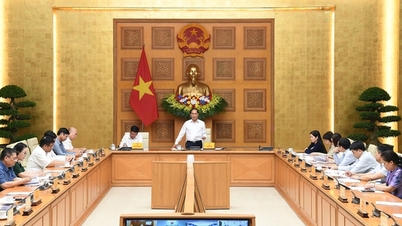
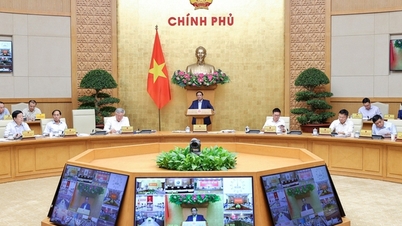
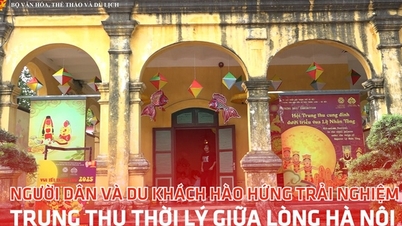








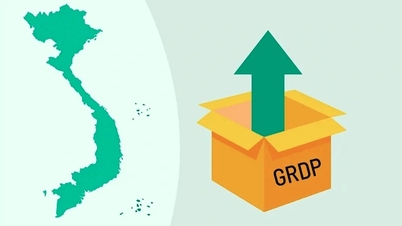



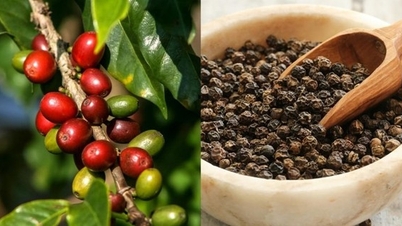












Comment (0)